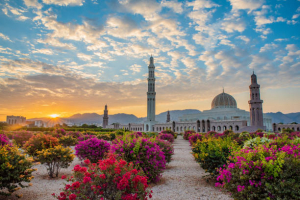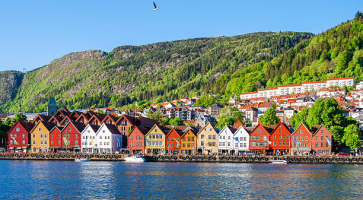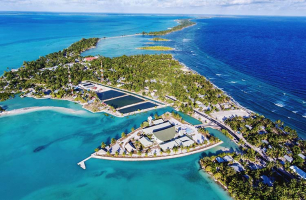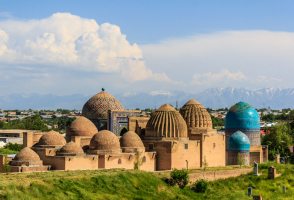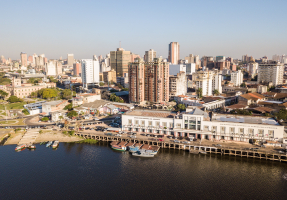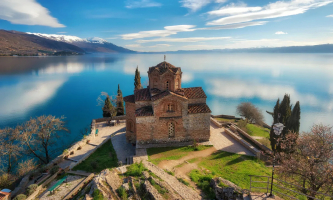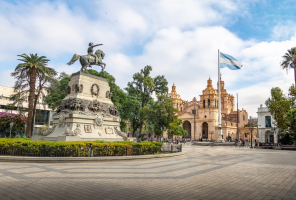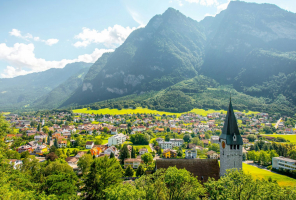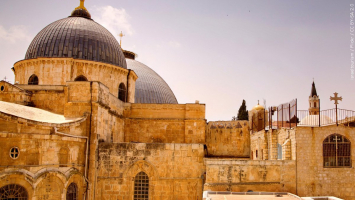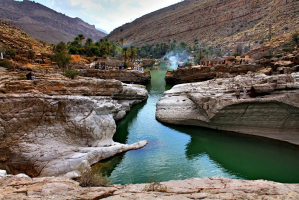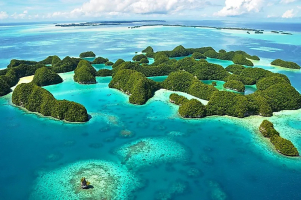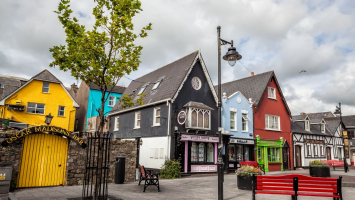Top 6 Reasons to Visit Niger
The Republic of Niger is one of the rare nations that has long maintained its traditions and culture. It combines beautiful scenery, a wide variety of ... read more...wildlife, historical artifacts, and sand dunes. Here are the top reasons to visit Niger that can persuade you if you haven't given the idea much thought in the past.
-
Niger is a desert nation at the edge of the Sahara that many who have had the good fortune to visit describe as being full of ancient caravan cities. Neolithic rock art and breathtaking oasis settlements are concealed by the arid splendor of the Ar Mountains in the north. Dinosaur graveyards and abandoned medieval towns can be found inside the vast sands of the Ténéré Desert, while the historic trans-Saharan trade route town of Agadez and the sultanate of Zinder can be found to the south.
The history of Niger is truly amazing, beginning with the Kiffian culture and continuing through the Arab sultanates and French colonization. One of the key assets still standing today is the historic city of Agadez, which dates back to the 11th century. It fascinates with its enigmatic aura of isolation from the rest of the world because it is surrounded by the city's desert area. The city was a stopover for trade caravans and was once hailed as the heart of Islamic civilization. Today, visitors to the still-inhabited city can afford to go and see its unique structures. Additionally, this region has maintained its status as a retail district, so you may discover plenty of unique items at the neighborhood gift stores.
Sultan's Palace in Zinder is one of the most famous destinations in Niger. One of the few monuments that are still standing today is this amazingly well-preserved eighteenth-century edifice. It became irrefutable evidence that there was a culture in Niger even before colonialism after surviving the French invasion. It has housed 22 generations of sultans for many years, and it is entirely decked with African paintings and frescoes on enormous adobe walls. This palace wonderfully portrays the culture and soul that also mirror the entire country of Niger. The Republic of Niger's most popular attraction is the Sultan's Palace in Zinder, which offers a glimpse into what the country may have looked like if it had been created by autonomous Africans.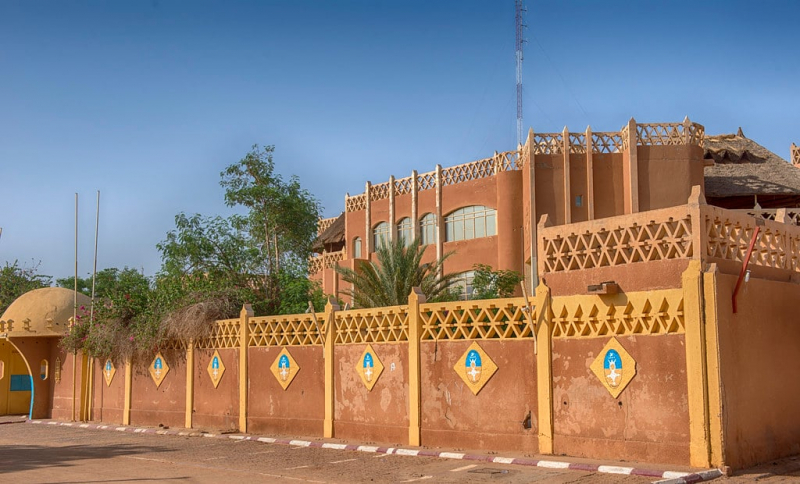
palacetravel.com 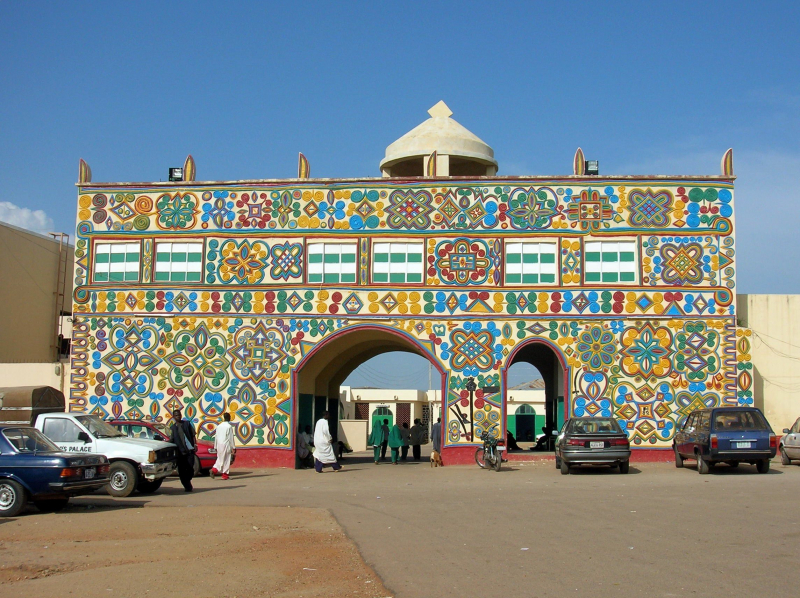
tiplr.com -
Niger has many pubs and nightclubs nearby to accommodate the requirements of late-night revelers, making it a reasonably bustling place at night. This thing is one of the reasons to visit Niger. Every taste is catered to in Niger's diverse selection of nightlife activities. There are many places you can find in Niger to spend your night of fun and dancing. It is also possible to enjoy a great meal in one of Niamey's many restaurants or relax after a long day in one of the city's many coffee shops before continuing to a theater, or nightclub, or watching a movie at one of the city's neighborhood theaters.
If clubbing does not take your fancy then a quick drink may do. Bars in Niger offer a social drink and a chance to meet new people in Niger. The Level Club and Lounge is the spot to go for a nightcap and to sample a variety of domestic, foreign, and some wines. If you like to dance the night away, this is the place to go. You can't help but get into a dancing frenzy and party mood with its alluring light and sound system. For your enjoyment, the regular and guest DJs are constantly available to play song after song.

kingdomcorporation.vn 
renfe-sncf.com -
You should taste the cuisines of Niger if you want to experience true African food. In particular, when contrasting the food of the north, which is impacted by the food of North Africa, and the south, which is more strongly influenced by the West, the food of Niger differs dramatically across its wide territories. The southwest of the country, however, is where the majority of the population is concentrated. Although some could argue that the Sahara desert's dominance over the nation limits the range of foods available, Niger's cuisine is highly flavorful and varied.
Niger food is typically nutritious, cozy, and soothing. Many of the spices now employed in this cuisine were initially imported to Niger by Arabs, whose inhabitants combined them with their native food sources to create distinctive and flavorful dishes. These spices include ginger, nutmeg, cinnamon, saffron, and cloves, among others. People from Niger, like many other nations in western Africa, aren't afraid to utilize fiery spices in their meals, which distinguishes it from other regions of the continent. All stews are normally eaten with a sort of starch, typically millet or rice, but occasionally couscous, which is consumed on special occasions, as is the case in the majority of sub-Saharan countries.

rightforeducation.org 
196flavors.com -
Without a doubt, Niger may be identified on a map of the world as a nation where the cultural characteristics of the forefathers are greatly respected. Solemn rites are transmitted and performed from one generation to the next. The locals are prone to emotional immersion and enjoy using rituals and dance to get all the stress out.
A notable example is Festival Gerewol. The Wodaabe Fulani tribe, whose men are renowned for their good looks and competitive nature, holds this annual tournament. Finding a wife for a young and lonely tribesman is the main objective. To do this, guys dress ostentatiously and use makeup to seduce "possible wives". Makeup draws attention to their white teeth, brilliant eyes, and pointed noses, which in their views define a guy. Participants showcase their endurance, high growth, and slimness through "yaake" dances.
The "Salt Treatment" festival is another intriguing event that takes place in Niger's northeast. Although the festival lasts for nearly a week, the main events only last for two days. Depending on the intensity of the rains, the precise date is revealed roughly a month in advance each year. The social and cultural interactions between Niger people make up its entire identity. People can reconnect with old friends, guys are looking for wives, and the most recent news is discussed. Since people have settled in practically all of West Africa's lands, which are divided by the Niger River, the contingent needs such activities. The nomads, however, congregate in the In Gall area during the "salt treatment" since the cattle require salt to remain healthy.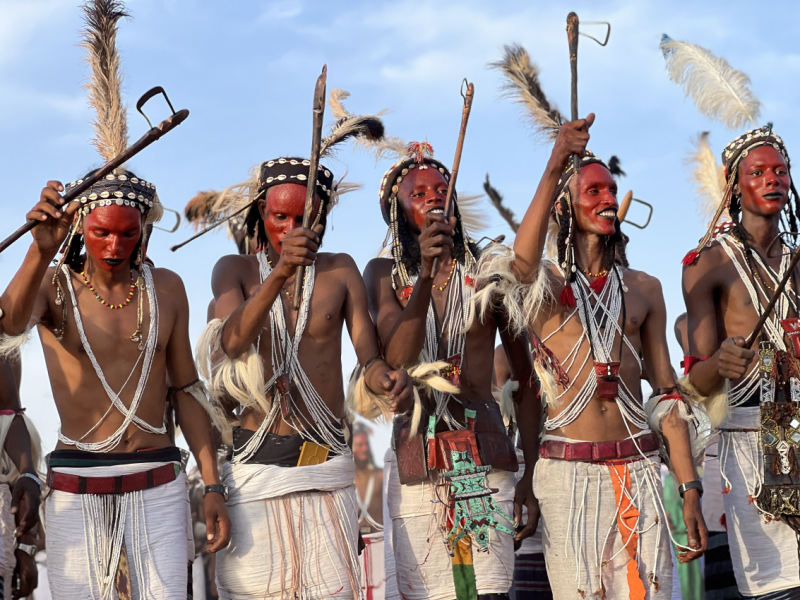
annaeverywhere.com 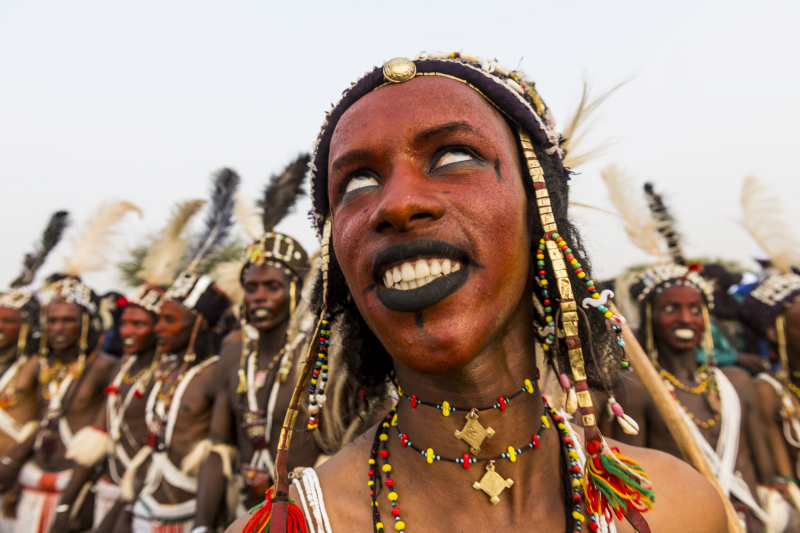
michaelrunkel.com -
The rich history and culture of the landlocked nation of Niger in West Africa are reflections of the diverse ethnic groups that make up the country's population. Like the majority of African nations, Niger has a long history of oral literature that includes folk tales and legends, epics of heroism, ritual chants, etc. Due to the high rates of illiteracy present there, written literature has a comparatively young history in the nation. The country's numerous ethnic groups each have their own unique forms of art and craft. Niger's artisans create a variety of ornamental and functional items, including colorful masks, baskets, wood carvings, stone paintings, fabrics, and more.
Before the country gained its independence, the various ethnic groups' distinctive musical and dance traditions developed on their own. However, since the 1960s, these traditions have merged to create new musical genres that have thrived domestically but haven't yet attracted notice elsewhere. Different musical instruments are used by the Hausa people of the nation for their Griot customs (a griot is a West African storyteller, musician, poet, or praise singer and an important figure in the society). Molo (a lute), kakaki (a trumpet), algaita (a double-reed wind instrument), and others are a few of these instruments. The romantic spoken or sung poetry of the Nigerian Tuareg people is famous for being accompanied by colored drums and viol.
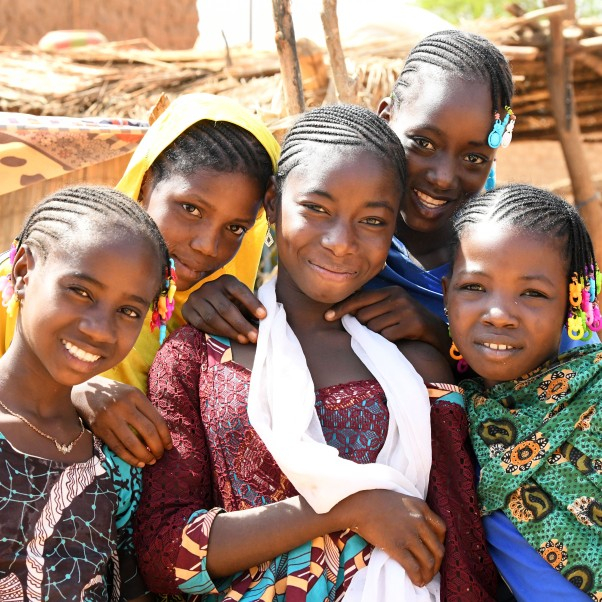
ohchr.org 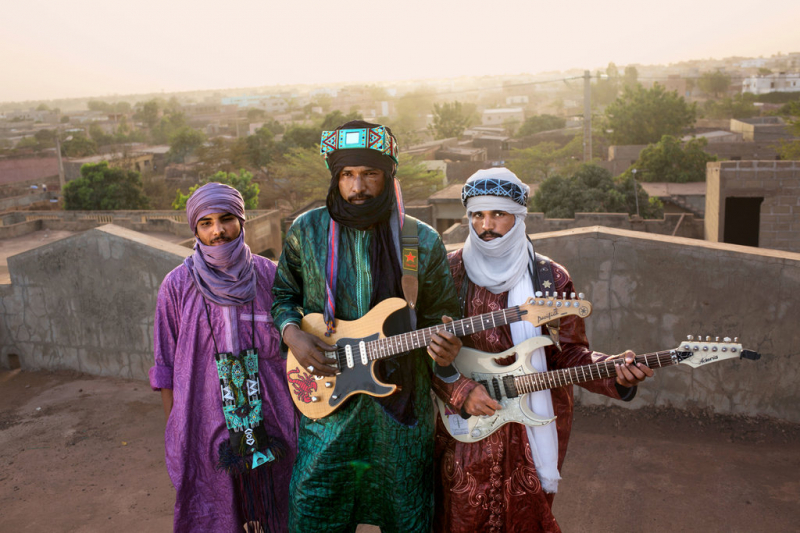
nytimes.com -
Nigeria, Benin, Burkina Faso, Algeria, Libya, Chad surround the landlocked nation of Niger in the center of Western Africa. The Sahel and Sahara Deserts, cover more than 80% of the nation, with temperatures that frequently rise above 100 degrees Fahrenheit. The beautiful Niger River in the southwest and the Air Mountains in the center of the nation are two other significant landmarks. Despite the desert's general inhospitality, Niger is home to some of the most well-known animals on the globe. This thing is definitely one of the reasons to visit Niger.
Several national parks and reserves can be found in Niger, and they are teeming with unusual and fascinating wildlife. A transnational UNESCO World Heritage Site, the W-Arly-Pendjari Complex, runs through the borders of Benin, Burkina Faso, and Niger along the Niger River. Common hippos, leopards, lions, warthogs, cheetahs, caracals, baboons, buffalo, and aardvarks are just a few of the creatures that can be found in the W National Park, which is located primarily in Niger.
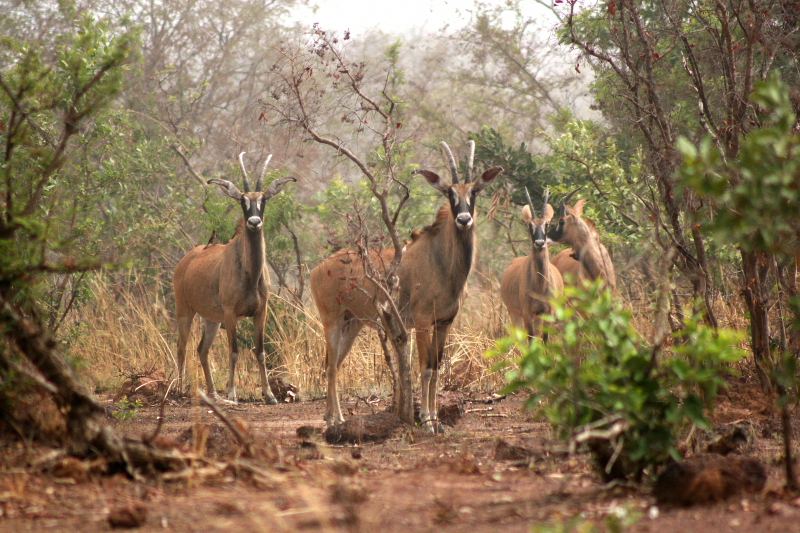
eros.usgs.gov 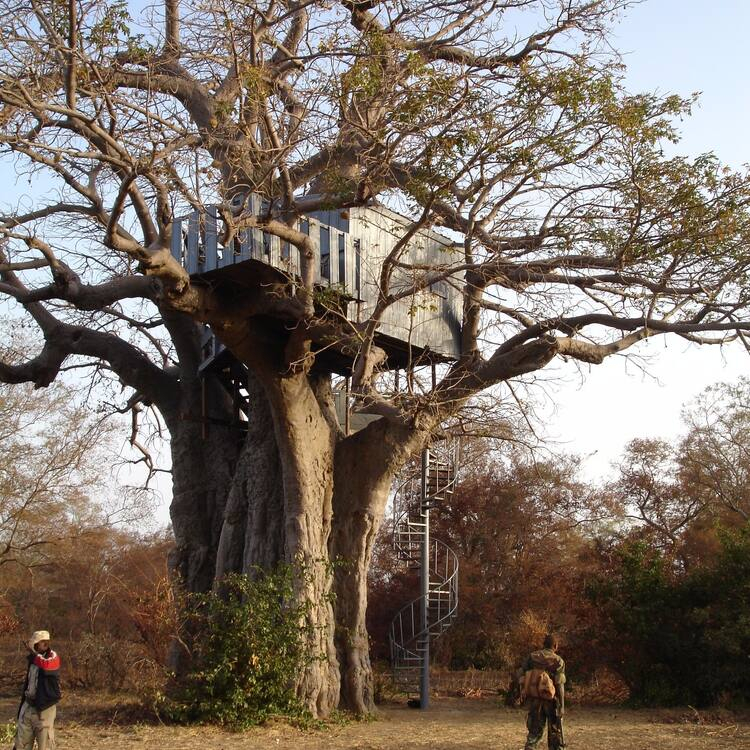
whc.unesco.org










